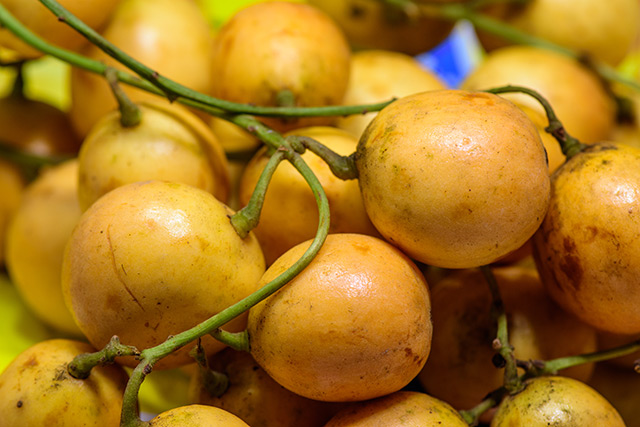The Burmese grape is a diverse, medicinal superfood with remarkable properties, scientists discover
07/28/2018 / By Rhonda Johansson

Statistical analyses of the Burmese grape (Baccaurea ramiflora) show the plant to have profound analgesic, anticholinergic, antiviral, antioxidant, diuretic, and cytotoxic activities. These astounding properties suggest various medicinal uses for this little-recognized superfood, especially in the natural treatment of rheumatoid arthritis, cellulitis, and other forms of related injuries.
These study, led by researchers from Atish Dipankar University of Science and Technology in Bangladesh, was published in BMC Complementary and Alternative Medicine.
- Different measurement scales were used to determine specific variables. These are outlined:
- Cytotoxicity was measured using brine shrimp lethality bioassay;
- Antinociceptive activity was determined by acetic acid-induced writhing, formalin-induced licking and biting, and tail immersion methods;
- Anti-inflammatory properties were assessed by carrageenan-induced hind paw edema;
- Central nervous system (CNS) depressant activities were measured by the open field and hole cross tests; and
- Anti-diarrheal activities were assessed by castor oil-induced diarrheal methods.
- Data were analyzed through one-way ANOVA (analysis of variance) followed by Dunnett’s test.
- All measurements displayed potent activities in both Burmese grape pulp and seeds.
Authors of the review concluded that the Burmese grape should be further investigated as a potential candidate for a new form of bioactive treatment.
The full study can be read at this link.
The Burmese grape is an egg-shaped yellow fruit native to India, Vietnam, and Thailand. Learn more about this delicious superfood at Nutrients.news.
Journal Reference:
Nesa ML, Karim SMS, Api K, Sarker MMR, Islam MM, Kabir A, Sarker MK, Nahar K, Asadujjaman M, Munir MS. SCREENING OF BACCAUREA RAMIFLORA (LOUR.) EXTRACTS FOR CYTOTOXIC, ANALGESIC, ANTI-INFLAMMATORY, NEUROPHARMACOLOGICAL AND ANTIDIARRHEAL ACTIVITIES. BMC Complementary and Alternative Medicine. 30 January 2018;18(35). DOI: 10.1186/s12906-018-2100-5
Tagged Under: Burmese grape, disease prevention, food as medicine, food cures, natural cures, natural medicine, natural remedies




















